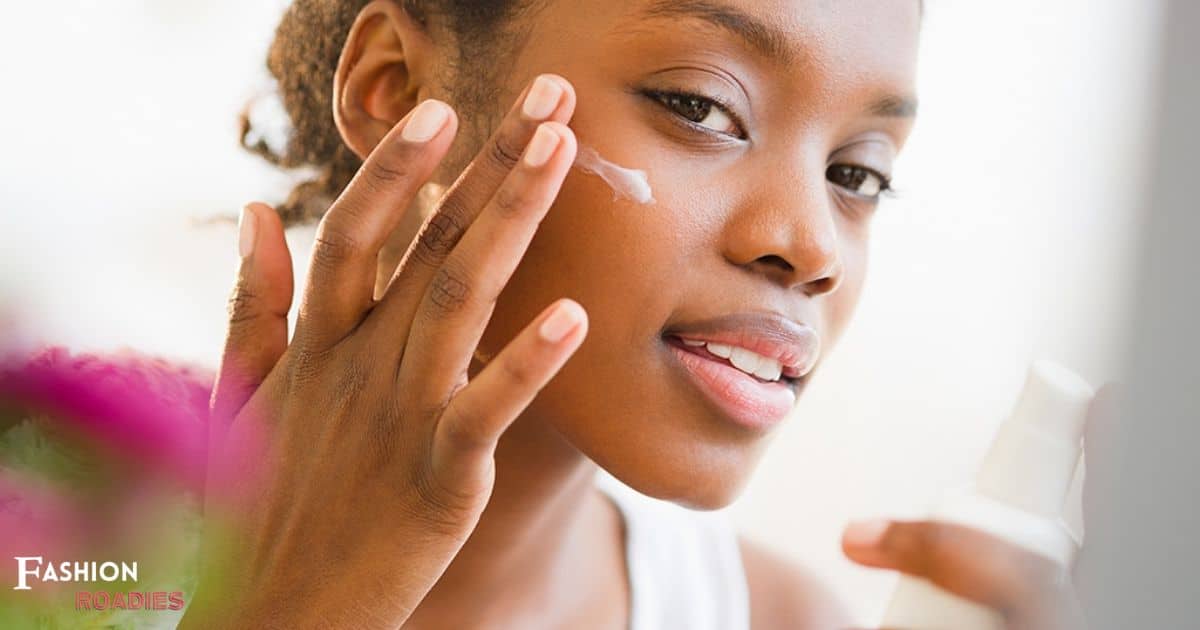In the realm of skincare, understanding the properties and functions of various ingredients is crucial for informed decision-making. One such ingredient is beta hydroxy acid (BHA), which has gained prominence in recent years for its potential benefits in skincare products. This article aims to provide a comprehensive overview of BHA, including its basic attributes, mechanisms of action on the skin, different types found in skincare products, and recommendations for incorporating it into one’s skincare routine. Additionally, precautions and considerations when using BHA will be discussed, along with a comparison to other exfoliating ingredients. By delving into this subject matter with an academic tone and objective perspective, readers will acquire invaluable knowledge regarding the significance of BHA in skincare practices.
Key Takeaways
- BHA stands for Beta Hydroxy Acid and is commonly used in skincare products.
- BHA helps to unclog pores, remove dead skin cells, and regulate excess sebum production.
- BHA has anti-inflammatory properties, making it beneficial for acne-prone skin.
- It is important to start with a low concentration of BHA, use sunscreen, and consult with a dermatologist before incorporating BHA into your skincare routine.
The Basics of BHA: What You Need to Know
A comprehensive understanding of the basics of BHA is essential for individuals seeking knowledge about its application in skincare. BHA, or beta hydroxy acid, is a type of chemical exfoliant that works to remove dead skin cells and unclog pores. It is oil-soluble, which makes it particularly effective for treating oily and acne-prone skin. The most common BHA used in skincare products is salicylic acid. Salicylic acid penetrates deep into the pores, dissolving excess oil and helping to prevent breakouts. It also has anti-inflammatory properties that can reduce redness and irritation associated with acne. Additionally, BHA can improve skin texture and tone by promoting cell turnover and stimulating collagen production. Overall, understanding the basics of BHA allows individuals to make informed decisions when incorporating this ingredient into their skincare routine.
Benefits of BHA in Skin care
One significant advantage of incorporating β-hydroxy acids (BHAs) into skincare routines is their ability to exfoliate the skin and unclog pores, making them particularly effective in treating acne-prone and congested skin. BHAs work by penetrating the skin’s surface and dissolving the bonds between dead skin cells, allowing for their removal. This exfoliating action helps to remove built-up debris and oil that can clog pores and lead to breakouts. In addition to their exfoliating properties, BHAs also have anti-inflammatory effects, which can help reduce redness and inflammation associated with acne. Furthermore, BHAs possess antimicrobial properties that can target bacteria on the skin’s surface, further aiding in the treatment of acne. Lastly, BHAs can also improve overall skin texture by promoting cell turnover and revealing a smoother complexion.
- Exfoliates the skin by dissolving bonds between dead skin cells
- Unclogs pores by removing built-up debris and oil
- Reduces redness and inflammation associated with acne
- Possesses antimicrobial properties that target bacteria on the skin’s surface
How BHA Works on the Skin
β-hydroxy acids (BHAs) work on the skin by penetrating its surface and dissolving the bonds between dead skin cells, allowing for their removal. This process is known as exfoliation, which helps to unclog pores, reduce acne breakouts, and improve overall skin texture. Unlike alpha-hydroxy acids (AHAs), BHAs are oil-soluble and can penetrate deeper into the pores, making them particularly effective for treating oily or acne-prone skin. BHAs also possess anti-inflammatory properties that help calm irritated skin and reduce redness.
When applied topically in skincare products, BHAs can provide numerous benefits to the skin. They help to regulate sebum production, preventing excess oiliness and reducing the occurrence of blackheads and whiteheads. Additionally, BHAs have been found to have antioxidant properties that protect the skin against environmental damage.
Now let’s explore the different types of BHA commonly found in skincare products…
Different Types of BHA in Skin Care Products
Salicylic acid, a common type of BHA found in skincare products, is known for its ability to penetrate the pores and exfoliate the skin. It is one of the most widely used ingredients in acne treatments due to its anti-inflammatory and antibacterial properties. Apart from salicylic acid, there are several other types of BHAs that are commonly used in skincare products. These include:
- Betaine salicylate: A gentler form of salicylic acid that offers similar benefits without causing as much irritation.
- Willow bark extract: Derived from the bark of willow trees, it contains natural salicylates that help unclog pores and reduce inflammation.
- Citric acid: While primarily an alpha hydroxy acid (AHA), it also exhibits some BHA-like effects by promoting cell turnover and reducing pore congestion.
- Mandelic acid: Another gentle BHA option, mandelic acid helps exfoliate the skin while also targeting hyperpigmentation.
These different types of BHAs provide options for individuals with varying skin sensitivities and concerns.
Incorporating BHA Into Your Skin Care Routine
When incorporating BHAs into a skincare routine, it is important to start with a low concentration and gradually increase frequency of use to minimize potential skin irritation. BHAs, or beta hydroxy acids, are effective exfoliants that can help improve the appearance of acne-prone and oily skin. Begin by choosing a BHA product with a low percentage of active ingredient, such as 1% salicylic acid. Start by using it once or twice a week and observe how your skin reacts. If there is no significant irritation, you can gradually increase the frequency of use to every other day or even daily. However, it is crucial to listen to your skin and adjust accordingly if any signs of irritation occur. By following this gradual approach, you can introduce BHAs safely into your skincare routine and reap their benefits.
Transitioning into the subsequent section about precautions and considerations when using BHA…
Precautions and Considerations When Using BHA
When incorporating BHA into your skincare routine, there are several precautions and considerations that should be taken into account. These guidelines can help ensure the safe and effective use of BHA products while minimizing potential risks or side effects.
- Patch test: Before using any new product containing BHA skin care, it is recommended to perform a patch test on a small area of skin. This helps determine if you may have an adverse reaction or sensitivity to the product.
- Start slow: Begin by using BHA products with lower concentrations and gradually increase usage over time. This allows your skin to acclimate to the ingredient and reduces the likelihood of irritation.
- Sun protection: BHA in skin care can increase sun sensitivity, so it is crucial to apply broad-spectrum sunscreen daily when using these products.
- Avoid combining with certain ingredients: Some ingredients, such as retinol or AHAs (alpha hydroxy acids), may interact negatively with BHA. It’s best to consult with a dermatologist or skincare professional for personalized advice on ingredient combinations.
BHA Vs. Other Exfoliating Ingredients: a Comparison
In comparing BHA to other exfoliating ingredients, it is important to consider their respective mechanisms of action and potential benefits for skincare. Beta hydroxy acid (BHA), also known as salicylic acid, is a widely used ingredient in skincare products due to its ability to penetrate the pores and exfoliate the skin from within. BHA works by breaking down the bonds between dead skin cells, allowing them to be easily sloughed off. This makes it particularly effective in treating acne-prone and oily skin types. Other exfoliating ingredients such as alpha hydroxy acids (AHAs) primarily work on the surface of the skin, helping to remove dead skin cells and improve overall texture. While AHAs are beneficial for brightening dull skin and reducing fine lines, BHAs offer unique advantages for those struggling with clogged pores and excess sebum production. Ultimately, the choice between BHA and other exfoliating ingredients depends on individual skincare concerns and goals.
Conclusion
The article explores the topic of BHA in skin care, providing a comprehensive understanding of its basics, benefits, and different types. It explains how BHA works on the skin and offers guidance on incorporating it into a skincare routine. The article also highlights precautions and considerations when using BHA and compares it to other exfoliating ingredients. Overall, this informative piece aims to educate readers about the truth of BHA in skin care and its potential role in achieving healthier skin.









